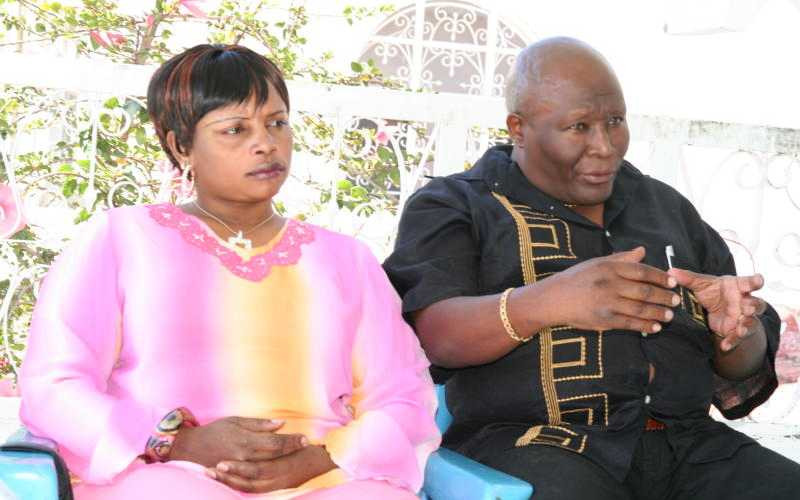×
The Standard e-Paper
Fearless, Trusted News

The founder of Kenya’s pioneer micro-brewery Fai Amario, left behind a fortune now worth Sh760 million, a valuation report by the Ministry of Lands and Physical Planning says.